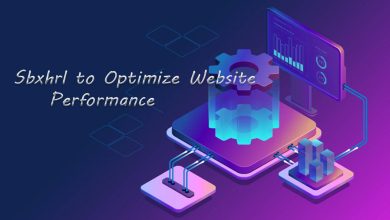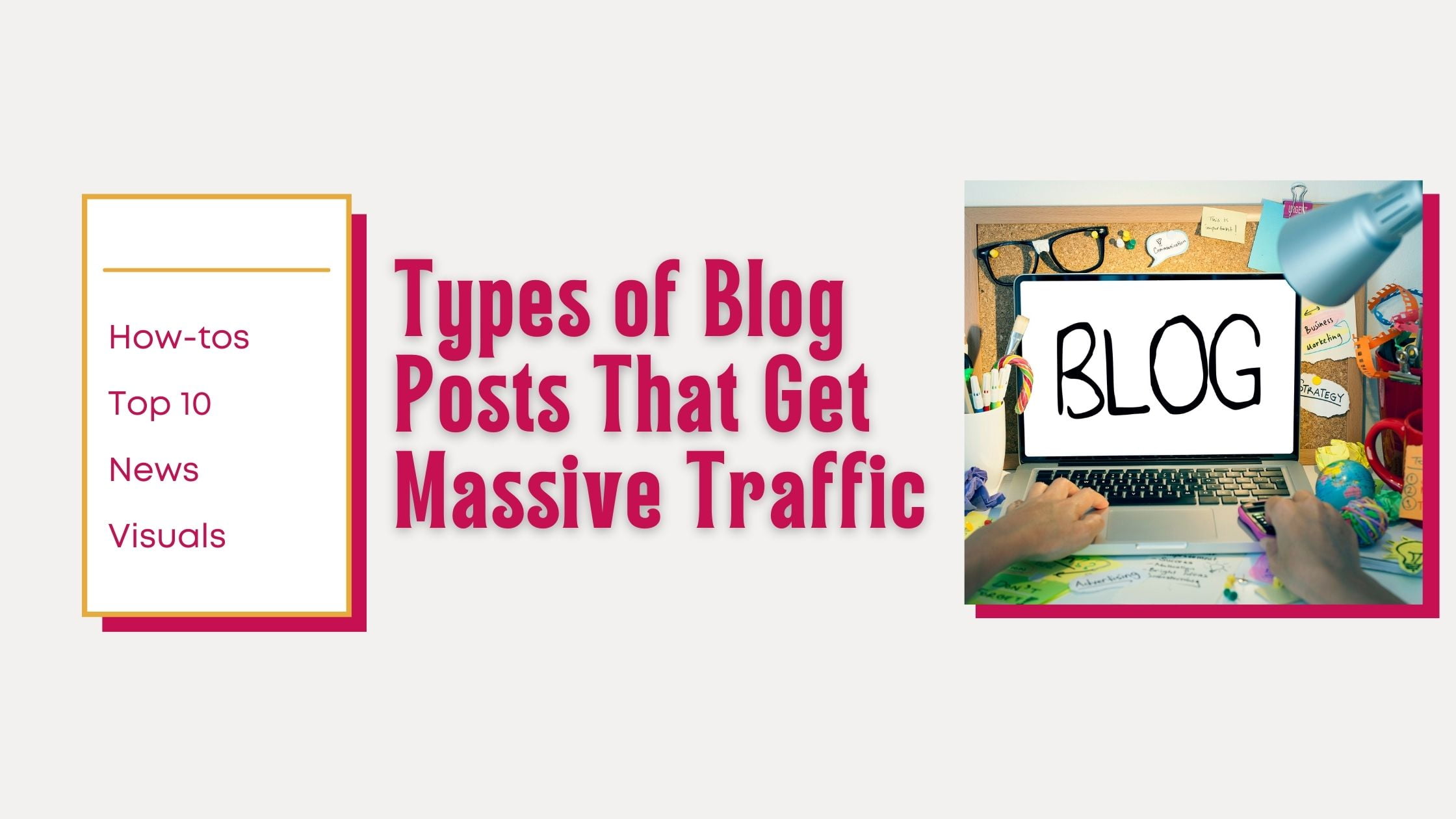Most Harmful SEO Mistakes You Need to Avoid
This comprehensive guide covers the most damaging SEO mistakes and how to prevent them. Whether you’re an individual blogger or enterprise business, following best practices is crucial for success. Let’s delve into technical on-page factors, content issues and other optimization areas prone to mistakes. By understanding these risks, you can audit your site and take corrective action to get back on the right track. Keep reading to avoid harming your site’s discoverability.
Technical On-Page Issues
One of the most impactful mistakes is technical on-page errors. Ensure your site loads quickly without errors. Perform regular speed tests and fix any issues slowing pages down. Validate HTML and CSS for compliance. Make sure all pages have metadata descriptions and titles for social sharing. Properly implement sitemaps and robots.txt files to inform search engines. Avoid duplicate, thin or doorway pages. Redirect outdated URLs and consolidate pages with similar content. These technical best practices form a solid foundation for SEO.
Overly Thin Content
Creating low-quality, thin content fails to provide value and can hurt rankings. Search engines want substantial text with 500+ words to properly understand topics. In-depth articles rank better than short summaries. Avoid thin content through careful planning and research. Provide thorough explanations, relevant examples and useful resources. Edit rigorously to eliminate fluff. Quality, reader-focused content shows search engines your authority and trustworthiness on topics.
Keyword Stuffing
Stuffing pages full of keywords without natural placements signals spammy intent to search engines. Overly repetitive keywords come across as unnatural and can damage your site’s reputation. Instead, choose relevant long-tail keywords and sprinkle them contextually throughout text. Focus on readability for users, not keyword density metrics. Let keywords arise organically from thoughtful writing. Quality, natural placements yield better results than blatant stuffing.
Lack of Internal Linking
Internal linking connects topically related pages and passes authority within your site. This signals relevance to search engines. Create an intuitive internal link structure and cross-link content frequently. Add related-post sections and link categories/tags. Link to important pages like the homepage from throughout your site. Consistent internal linking improves crawlability and helps search engines better understand your overall topic authority.
Duplicate Content Issues
Duplicate or near-duplicate content confuses search engines and can cause rankings to drop or pages to get filtered. Consolidate similar pages and redirect duplicates to the canonical version. For syndicated or republished content, add rel=”canonical” tags. Submit an XML sitemap to inform search engines which version to index. Avoid duplicate descriptions, H1s or snippets on social cards. Properly handle duplicate content to show search engines the definitive source.
Poor Link Building
Links indicate popularity and third-party endorsements that search engines factor into rankings. While not all links are equal, avoid buying or unnatural link schemes, which can damage your reputation. Focus on building quality links from authoritative, topically related sites through valuable contributions and outreach. Guest blogging, quality backlinks in roundups and social signals like shares help when naturally earned. Manipulation harms more than natural link growth helps.
Lack of Keywords in URLs
While not a direct ranking factor, URLs containing targeted keywords help search engines understand page topics and allow those keywords to trigger clicks. Structure URLs intuitively with keywords like /blog/how-to-keyword rather than random numbers. Implement URL redirects for any changes to avoid breaking inbound links. Consistent, keyword-rich URLs optimize the user experience and support SEO.
Over-Reliance on Paid Traffic

Paid search provides quick traffic but no long-term value. An over-reliance on paid means losing that traffic if ads are paused. Instead, focus first on organic optimization and content marketing to build authority steadily over time. Use paid search judiciously to complement organic efforts, not substitute them. A balanced multi-channel approach including SEO, content and links ensures sustainable growth even without constant spending.
Lack of Site Speed Optimization
Crawlability, page speed and user experience all impact SEO. Perform regular speed tests to identify bottlenecks like images, scripts and server response times. Minify CSS and JavaScript, lazy load large images, implement caching, use a CDN and optimize hosting. Google PageSpeed Insights offers actionable recommendations. Faster sites boost conversions and help search engines understand your content. Speed optimization deserves ongoing attention for maximum SEO potential.
Mobile-Unfriendly Design
As more searches happen on mobile, your site must provide an optimized mobile experience. Ensure responsive design loads cleanly on any device. Use relative units like ems over pixels for flexibility. Implement a mobile-first approach prioritizing speed and usability. Test across devices and browsers continuously. Address any issues found. A seamless mobile experience enhances the user journey and signals quality to search engines.
Overly Broad Keywords
Chasing very broad, general keywords sets unrealistic expectations and wastes effort. Conduct thorough keyword research to find the optimal balance – specific enough for high volume but broad enough for realistic rankings. Focus topically relevant, mid-to-long tail keywords with hundreds to low thousands of monthly searches. Broad keywords may get traffic eventually, but optimize for realistic opportunities first.
Poor Site Architecture
A confusing, disorganized site structure frustrates users and search engines. Map an information architecture with a clear taxonomy and navigation. Group related content logically into categories, tags and pages. Ensure all pages are no more than three clicks deep from the homepage. Implement an XML sitemap and navigation menus to aid crawling. Consistent organization helps search engines understand your authority and return relevant results.
Thin Authority/Trust Signals
Search engines consider numerous factors like authority, trust, quality and user experience when evaluating pages. Build these signals through helpful, engaging content. Ask readers for testimonials and case studies demonstrating success. Feature relevant awards, logos or certifications when applicable. Link to authoritative sources within your industry. Consistent signals indicate expertise that search engines and users will appreciate.
Over-Reliance on Paid Social
While paid social can boost visibility, overuse risks diminishing returns. Instead, focus first on creating high-quality, shareable content that performs well organically. Optimize images and copy for maximum engagement. Post at optimal times and vary content types. Engage comments and build relationships. Track which organic posts outperform to refine strategy. Balance paid and organic for sustainable growth.
Lack of Content Distribution
Driving traffic is just one piece – you must convert those visitors into engaged readers and subscribers. Distribute content to targeted industry publications, groups and forums. Guest post on authoritative sites. Promote new articles on social profiles and newsletters. Cross-promote internally. Offer valuable downloads or webinars. Consistent distribution builds awareness and loyalty over the long run. Don’t keep great content hidden!
Read More: MOMMY BLOG EXPERT- A Modern Family Lifestyle Blog for Moms
Overlooking Analytics
Data provides crucial insights but goes unused all too often. Install Google Analytics and tag all pages and links. Track key metrics like traffic sources, bounce rate, goal completions and more. Analyze seasonality and correlations. Segment data based on user location, device and other factors. Use insights to optimize your strategy, refine content gaps and boost conversions. Data-driven decisions maximize ROI from efforts.
Conclusion
In conclusion, I hope reviewing these common SEO mistakes has helped you identify areas for improvement. A thoughtful audit and corrective action plan can get your site back on the right track to search success. By avoiding harmful errors, your website will better serve users while gaining the discoverability you seek through organic search. Wishing you all the best in your SEO journey!



